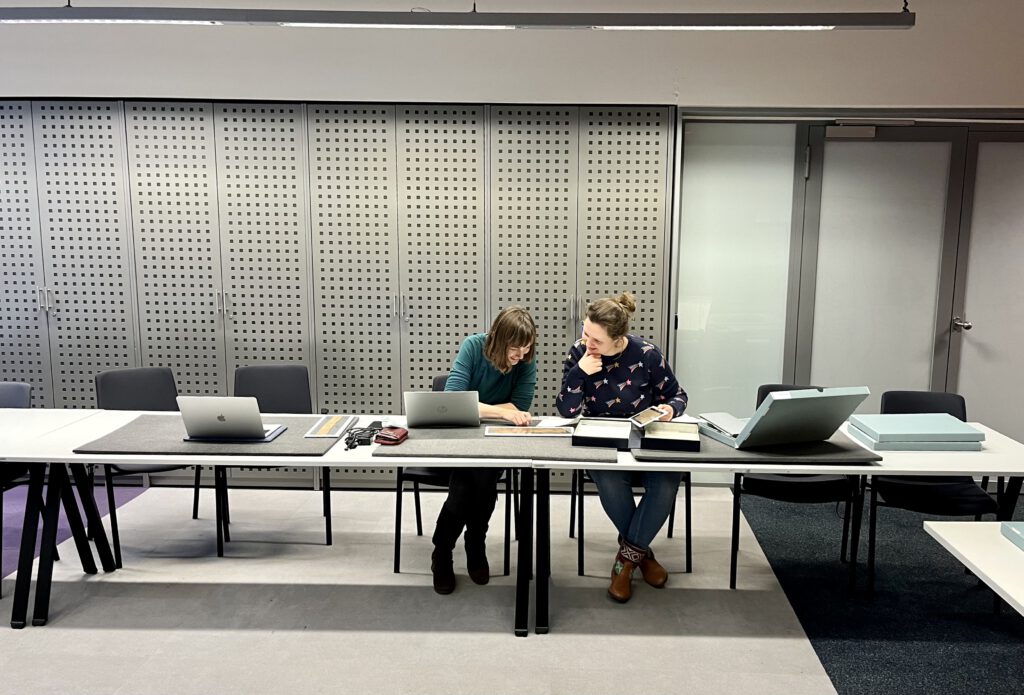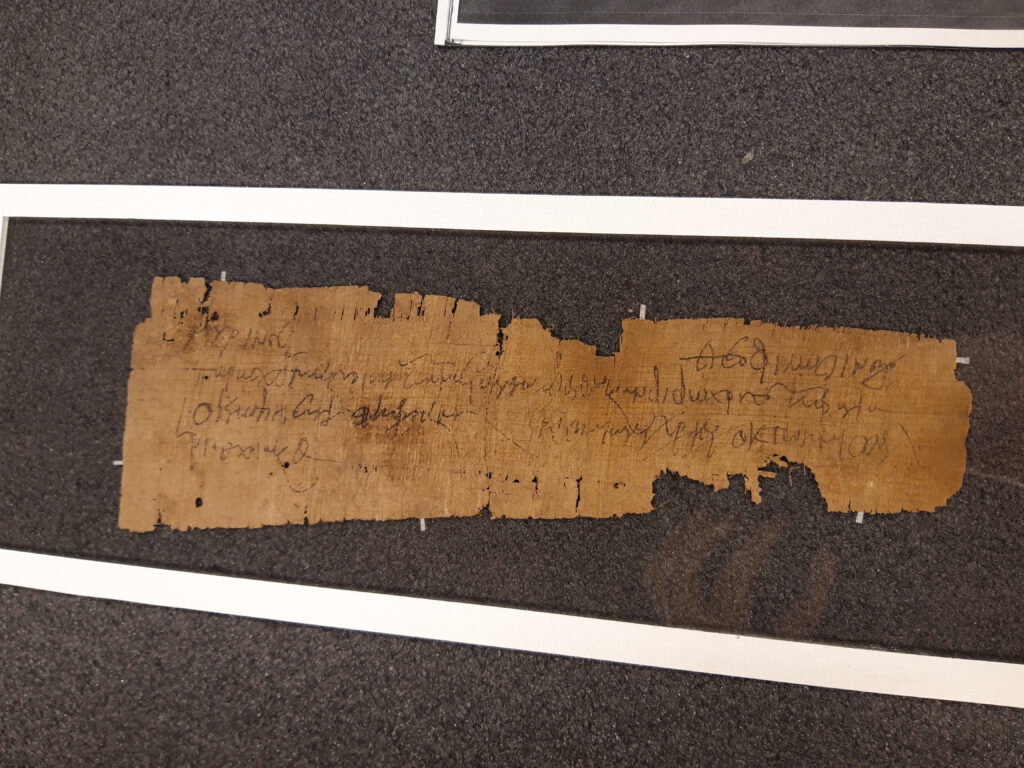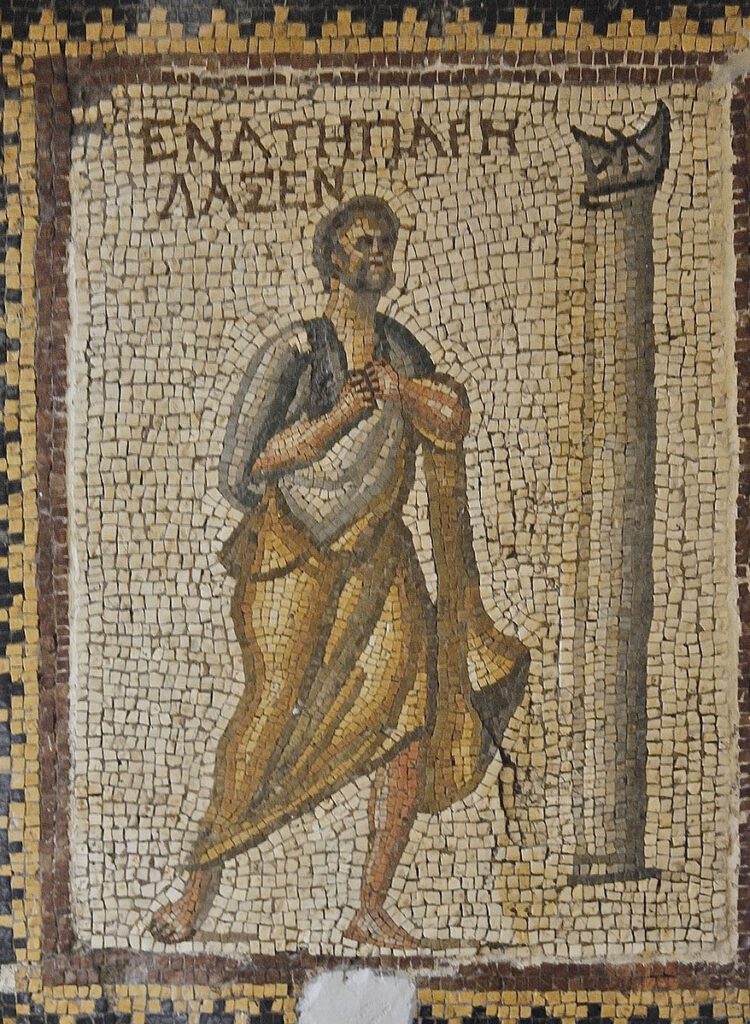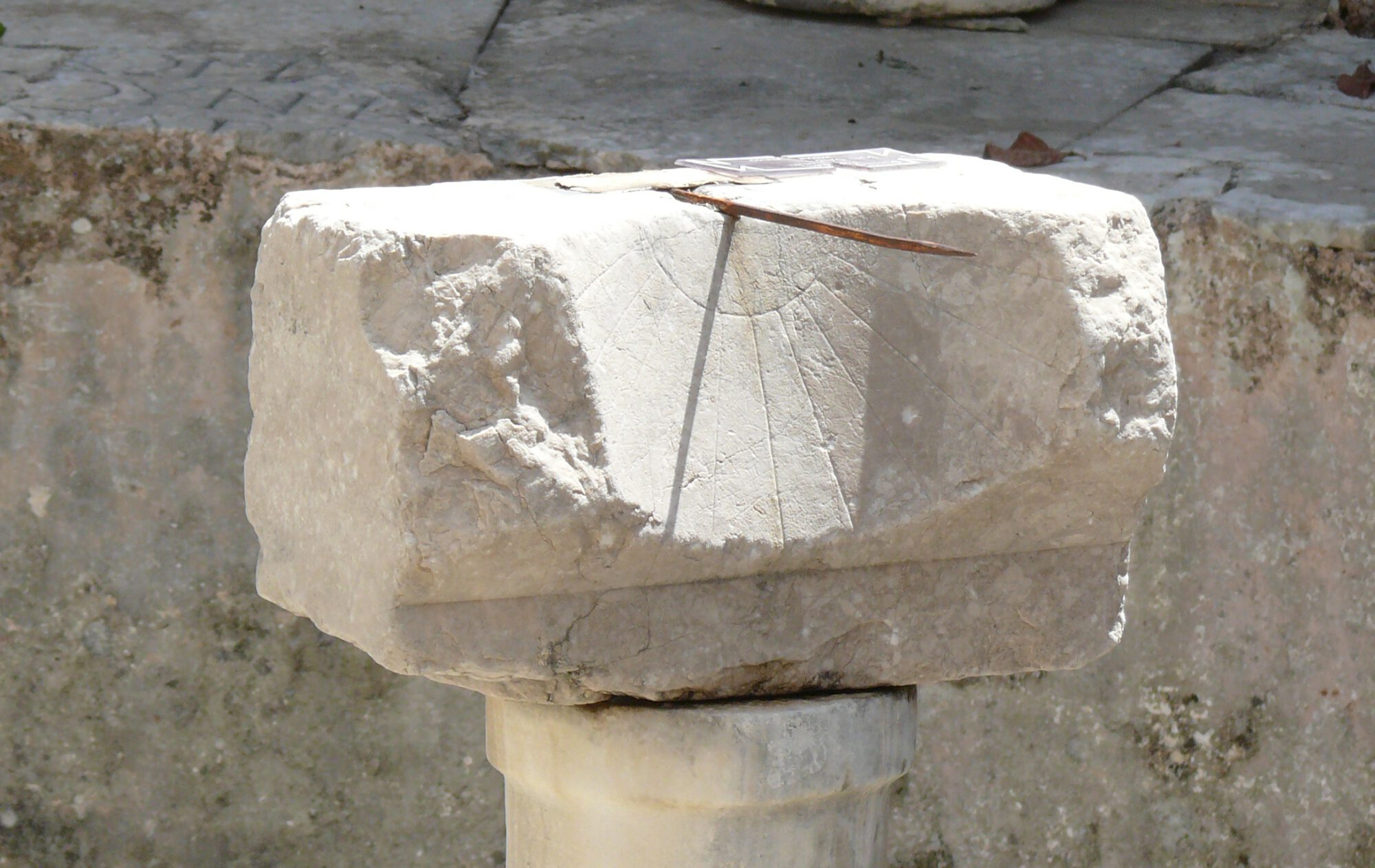From Tuesday 26 November to Thursday 28 November 2024, we will host an international conference in Amsterdam. The conference Lived Time: Routines, Temporal Norms and Identities from Antiquity to the Modern World will feature presentations by 20 international scholars, including On Barak, Matthew Champion, Ignace Glorieux, Uta Heil, James Ker and Brigitte Steger.
Urban Times conference in Bonn (DE)
On 17 May 2024 a conference on Urban times will take place at Bonn University, with contributions on temporality and routines in Greek and Roman cities. The program is as follows:
9.00 – 9.15: Introduction
9.15 – 10: Tabea Meurer (Mainz), Scheduling (In-)Equality. A Re-Exploration of Athenian Chronopolitics
10.00 – 10.45: Roland Färber (Düsseldorf/München), Topographie der Zeit –Chronographie des Raums. Das Beispiel der hellenistischen Polis
10.45 – 11.00 Coffee break
11.00 – 11.45: Franziska Lang (Darmstadt), Domestic times – Phos4Dtool and the affordance of daylight
11.45 – 12.30: Laura Nissin (Helsinki), In the Light of Darkness — Illuminating the Use of Space in Roman Houses
12.30 – 13.30 Lunch break
13.30 – 14.15: Adrian Hielscher (Kiel), Material Manifestations of Social Time.
Sundials in Roman Cities
14.15 – 15.00 Eva Winter (Jena), Timelines and shapes of time: Regarding possible interactions of temporal aspects in ancient cities
15.00 – 15.15 Coffee break
15.15 – 16.00 Sofie Remijsen (Amsterdam), Away from urban time: How early monastic routines developed in dialogue with the worldly rhythms of the city
16.00 Concluding remarks and discussion
Guests are warmly invited. If you would like to participate in the workshop, we would be grateful for a short email to sfeuser[at]uni-bonn.de and/or S.M.J.Remijsen[at]uva.nl.
Seminar on the study of ancient religion
On 19 September, ancient historians, Copticists and researchers of ancient religion came together for the first project-organized seminar of the academic year. Mattias Brand (University of Zürich), in his lecture titled “Lived Religion, Multiple Identities, and Monocausality in the Historical Study of Religion\s”, argued for a situational approach to ancient religion and introduced the concept of ‘group styles’ is a helpful concept in thinking about religious practices without the pitfalls of thinking in groups as stable, easily distinguishable social entities united by a shared doctrine. Brand also broke a lance for historically contextualized comparative research in the study of religion
Seminar on the Festival Calendar of Egypt in Late Antiquity
June 13th, Dr. Élodie Mazy (UCL) shed her light on the festival calendar in Egypt from the fifth until the eight century AD in her talk titled “Ἔργα καὶ ἑορταί: works and feasts in Late Antique Egypt”. Not only did she show how she has used Greek and Coptic papyri and ostraca to reconstruct the festival calendar, but she also expanded on the socio-economic circumstances of the celebration of these feasts. Easter, for example, was a moment to open the books and account for expenses of the past year, next to a religiously motivated feast that was preceded by fasting. Dr. Mazy’s research touched upon several topics under investigation by the project team and her talk was followed by an interesting exchange of ideas. Elsa Lucassen afterwards showed how, during the first year of the project, she has been investigating the impact of the changing festival calendar in Egypt on social cohesion in Late Antiquity. She used the Calends, Roman New Year, as case study to look at the role of festivals in changing times.
Seminar with Johannes Thomann and Eugenio Garosi
The workshop of 7 February 2023 centered around time practices in the early Islamic world. Dr. Johannes Thomann (University of Zürich) shared interesting examples of what research into weeks and weekdays in the early Islamic world could yield. This seems to be unscathed territory. He showed how literary and documentary sources, both in Egypt and Al-Andalus, are suitable for this kind of new research. Afterwards, Dr. Eugenio Garosi, a member of the project team, shared his thoughts on dating formulas and scribal practices in the early Islamic imperial administration. As the dating formula is one of the few elements of official documents that allow for a scribe’s individual expression, one asks oneself what the differences in (the use of) dating formulas between chancelleries and document types mean and express.”
Identifying unpublished papyri at the Allard Pierson Museum
The Allard Pierson Museum has its own collection of papyri. The project’s team is helping the museum staff to identify which hidden treasures still lie unpublished in the museum’s depot. Monday 5 December was the first day of this collaboration at which Sofie Remijsen, Elsa Lucassen, and Kevin Hoogeveen took a look at some Greek papyri. A nice coincidence: the last papyrus in the box – an order to pay a wine seller, already published as P. Amst. 53 – turned out to be written on the 5th of December as well (Choiak 9 in the year 110/79 of the Oxyrhynchite era, or 443 CE).”

Photo: Kevin Hoogeveen

Photo: Sofie Remijsen
Seminar with Cathrien Hoijinck
On Tuesday 29 November Cathrien Hoijinck (Radboud University) presented her dissertation project about the Córdoba Calendar in the project seminar. The 10th century Córdoba Calendar contains various Coptic elements and Hoijinck suspects that next to a Damascene and Bagdadi prototype there might have been an Egyptian source, perhaps the calendar that was used for the thirteenth-century Long Calendar. In her project, she raises interesting questions about the use of calendars for showcasing erudition and for expressing community boundaries, and for the study of calendars as a potential but problematic source for religious practices.
Opening seminar
Yesterday, 31 October, the project’s opening seminar took place, which focused on a selection of sources. Elsa Lucassen shared her ideas on the role of the Kalends in late antique Egyptian society. Renate Dekker then discussed how monks in the Thebaid seem to have developed the practice of naming weekdays after monastic practices. Eugenio Garosi highlighted the discrepancy in dating formulas used by the Arab government on the one hand and local administration on the other, and suggested ways of understanding this. Sofie Remijsen concluded the seminar with three sources about eating at the ninth hour and focused the discussion on how the actors in each text responded differently to existing customs about dinner time. Dr. Arietta Papaconstantinou (University of Reading) acted as respondent.
A fruitful workshop on daily life in Late Antiquity
On Friday October 21st 2022 Dr. Sofie Remijsen organised, together with Dr. Daniëlle Slootjes, the workshop titled “Daily Life in Changing Times. The Agency of Ordinary People in Late Antiquity”. It was a fruitful day with lively discussions about how to trace the agency and practices of non-elite groups and their role in Late Antique transformations. Dr. Lucinda Dirven (Radboud University) spoke about her research into lived religion in Late Antique Syria and Egypt. She was followed by Patricia Kret (Leiden University) who is currently investigating the daily practice of amulet use. After Dr. Sofie Remijsen’s talk on the Lived Time-project, Kay Boers (Utrecht University) told about his search for agency of ordinary people in Visigothic legal sources, and the challenge of well-defining ‘agency’ and ‘ordinary’. Dr. Miko Flohr (Leiden University) afterwards discussed the fate of tabernae in Late Anitquity. Did they blossom or dissappear? What does this teach us about economic acitivity on the Italian peninsula in this period? The day was concluded by Dr. Stijn Heeren (VU Amsterdam), who showed how archaeology helps gain a better understanding of the lives of the Germanic peoples in Northwestern Europe and their relationship with the Roman Empire.
The project has started!
The Lived Time project started in September 2022 with this team. We have started our work enthusiastically. Regular meetings provide the opportunity for sharing recent finds and discussing relevant topics. For upcoming events, see the calendar.

